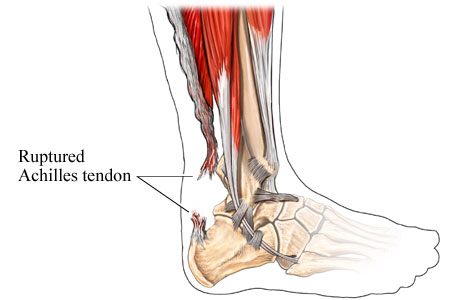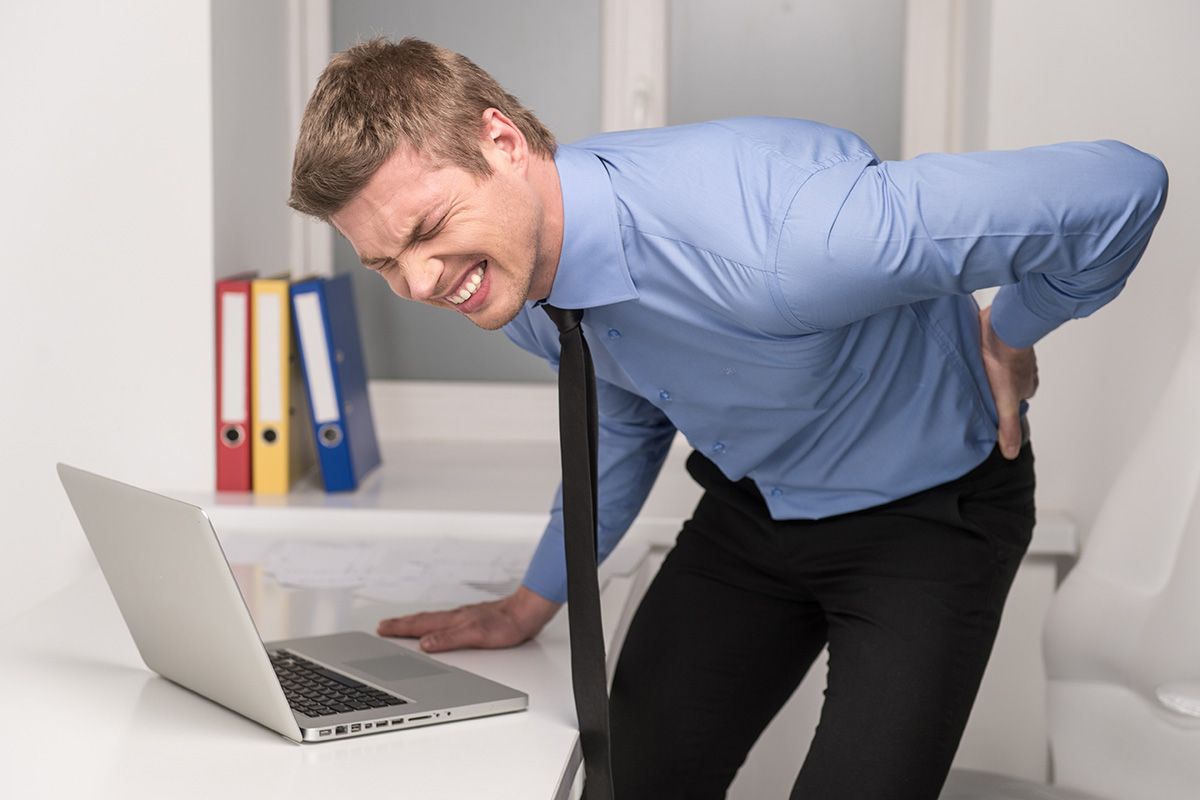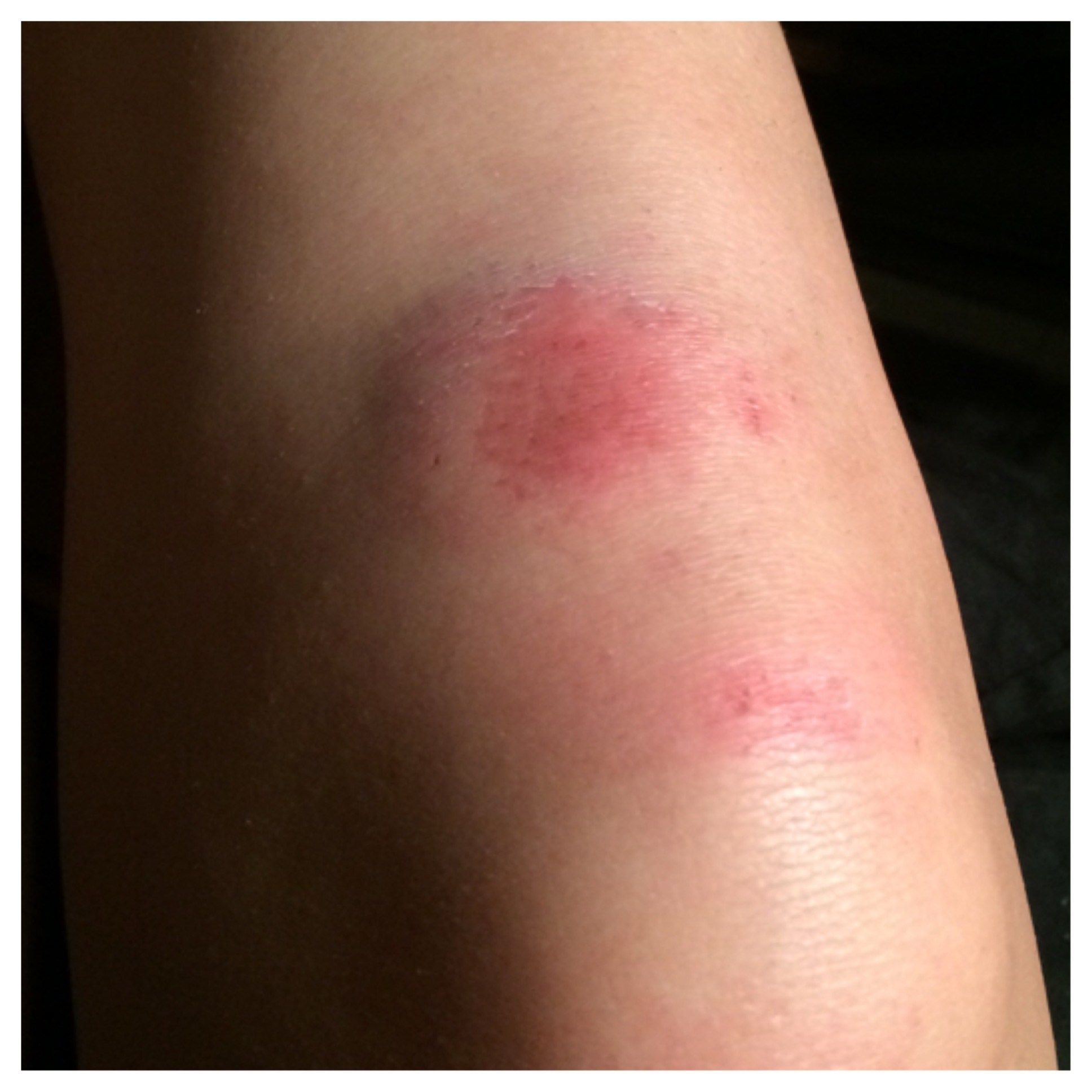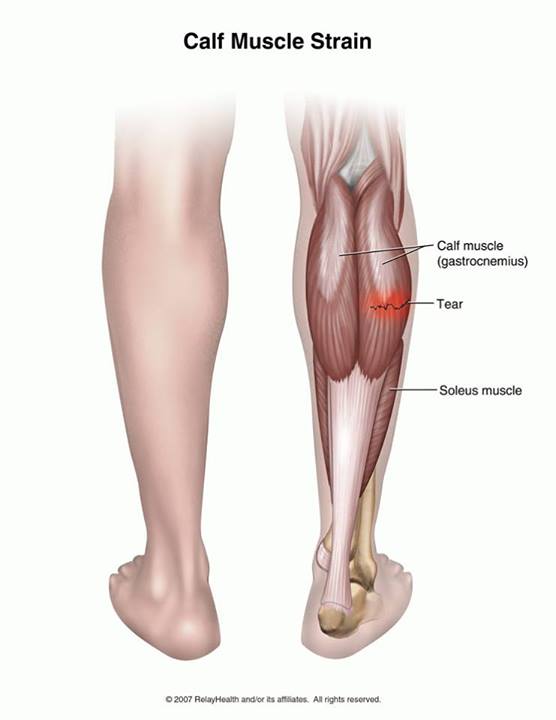Tendon injury

What is a tendon injury?
Tendons are strong bands of connective tissue that attach muscle to bone. When a tendon is acutely injured it is called a strain. Tendonitis is when a tendon is inflamed. When there are micro-tears in a tendon from repeated injury it is called tendinosis. Tendinopathy is the term for both inflammation and micro-tears.
Tendonitis develops slowly and is caused by overworking the tendons. Tiny tears occur on a tendon when it is constantly overworked. The tendon becomes irritated which causes swelling and pain.
What is the cause?
The most common cause of tendonitis is increasing the length of time or intensity of an activity or exercise program too quickly. Tendonitis in the knee, foot, and calf are common in athletes who do sports that involve running and jumping. Tendonitis in the knees can also occur from biking. Activities like swimming, swinging a golf club, or pitching a ball can cause tendonitis in the shoulder. Wearing worn-out shoes or being out of shape are other possible causes.
Body structure problems like having bowlegs, one leg shorter than the other, or flat feet can also lead to tendonitis. Tendonitis may also occur from repeated motion such as using a keyboard or using a hammer.
What is the treatment?
Often people do nothing except hope that the pain will simply go away. More serious symptoms may begin if these early symptoms are ignored. The occasional pain will change to constant aching, pain, and stiffness before, during, and after exercise. The tendon will also hurt when the area is touched.
If you are having pain:
Stop the activity that is causing the problem for a short time.
Put an ice pack, gel pack, or package of frozen vegetables, wrapped in a cloth on the area every 3 to 4 hours, for up to 20 minutes at a time.
You could also do ice massage. To do this, first freeze water in a Styrofoam cup, then peel the top of the cup away to expose the ice. Hold the bottom of the cup and rub the ice over your tendon for 5 to 10 minutes. Do this several times a day while you have pain.
Take an anti-inflammatory medicine such as ibuprofen, or other medicine as directed by your provider. Nonsteroidal anti-inflammatory medicines (NSAIDs) may cause stomach bleeding and other problems. These risks increase with age. Read the label and take as directed. Unless recommended by your healthcare provider, do not take for more than 10 days.
You can keep doing activities that do not stress or cause pain to the injured area. Make sure to stretch before doing any activities. Also, you may need to cross train. That is, instead of doing only one sport, try different activities to prevent overuse injuries.
See your provider if the problem does not go away in a couple of weeks. Irritated tendons can tear if left untreated. When this happens more serious treatment such as a wearing a cast or surgery is needed.
How can I prevent tendon injuries?
When you exercise, wear shoes that fit properly and are made for the activity.
Warm-up before exercise and stretch after exercise.
Use proper form and posture during your activities, whether they are sports or job-related. For instance, be sure your tennis stroke is correct and that your tennis racket has the proper grip size.
Use ice on stiff or sore joints after exercise or work.











